M4 inquiry: No tolls on relief road 'absolute madness'
- Published
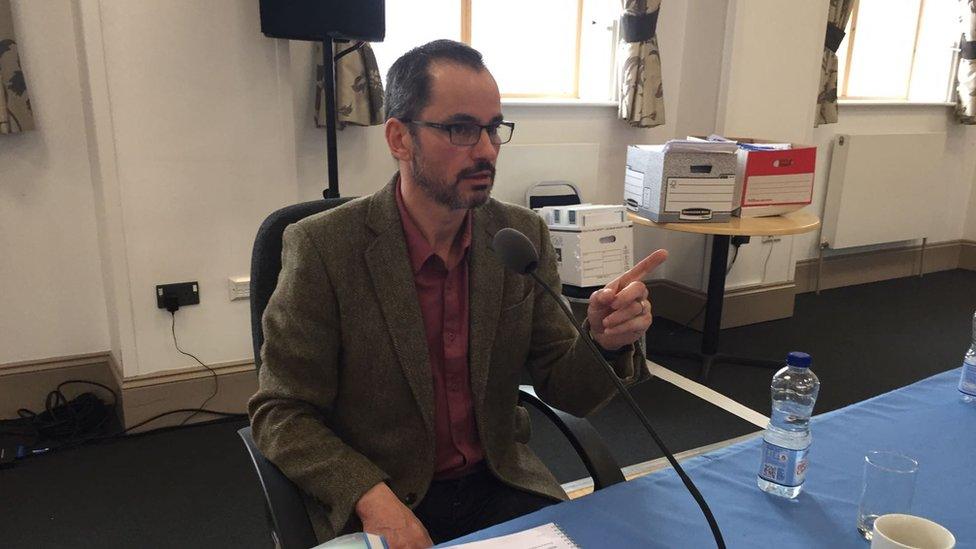
Prof Calvin Jones has a PHD in the economics of tourism and major events
The M4 relief road should have tolls to "claw back" some of the £1.1bn cost to the Welsh taxpayer, an economist has said.
Prof Calvin Jones, of Cardiff Business School, said uncertainty around Brexit and the Metro project could force the motorway over budget.
Not considering tolls was "absolute madness", he told a Newport public inquiry into the plan.
The Welsh Government has said a toll would be "unfair" and "unworkable".
A 14-mile (22.5km), six-lane motorway would relieve congestion between the current M4 junction 23A at Magor and junction 29 near Castleton, according to the Welsh Government.
Earlier in the inquiry, the CBI said ministers' preferred route - the so-called black route - would boost the Welsh economy by £2-3bn.
On Wednesday, Prof Jones, objecting on behalf of Gwent Wildlife Trust, said it was unfair Welsh taxpayers were paying for a road when many in England were set to benefit.
Bristol, Somerset and south Gloucestershire, are among the areas set to gain from the building of the six-lane motorway.
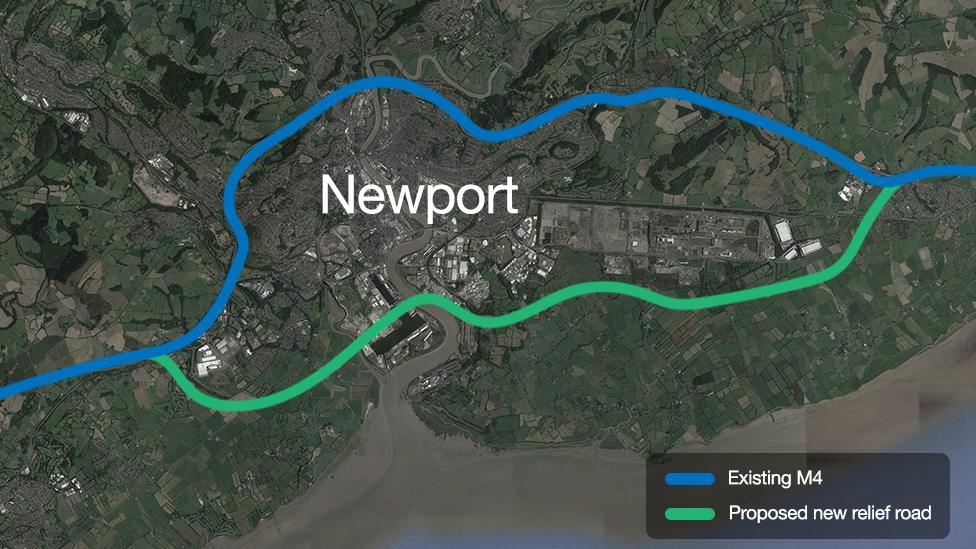
"I do not see why the poorest region in the UK should pay for the south of England," he said, "Wales are paying for them to have an easier life".
"If this road is genuinely useful, if it is of genuine value, people will pay for it. If it is not, people will not pay," he said.
"Tolls have not been raised before - it is madness, it should at least be a possibility".
The combination of infrastructure projects, including the South Wales Metro, Swansea Bay Tidal Lagoon and electrification work, would put "significant strain" on the region's construction industry, he said.
'Decision made badly'
This could lead to Wales having to source materials from the rest of the UK or Europe - and Brexit must be considered, he added.
He also claimed the road could actually deter new businesses investment to Wales - saying it breached the Well-Being of Future Generations Act, external, legislation designed to improve the social, economic, environmental and cultural well-being of Wales.
"It may or may not be a bad road, but it is a decision made badly, and it seems we are being taken down a narrow path," he said.
Previously, the Welsh Government has said it had no plans to impose tolls on any roads.
A Welsh Government source said it was "an unworkable idea" and it "would be unfair for Wales to be expected to re-coup the money in this way".
- Published22 March 2017
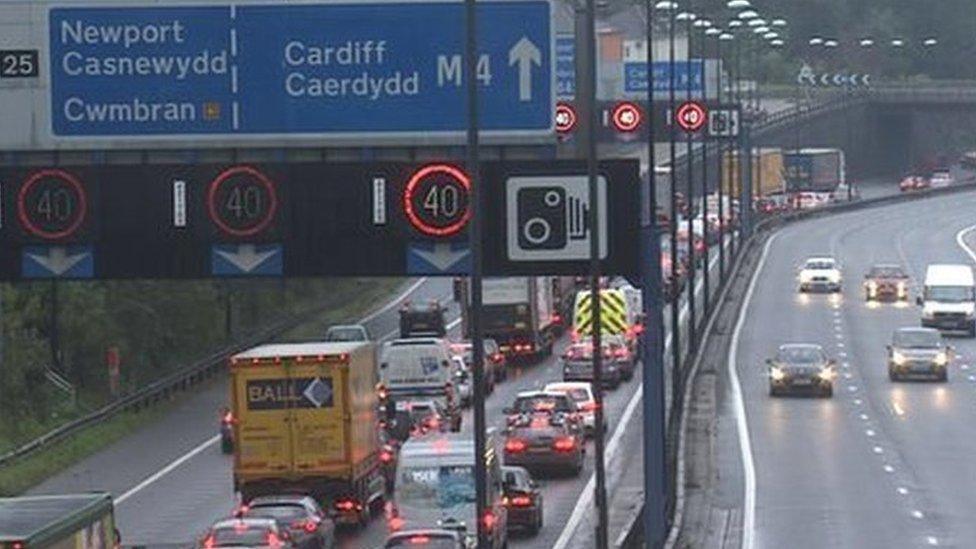
- Published7 March 2017
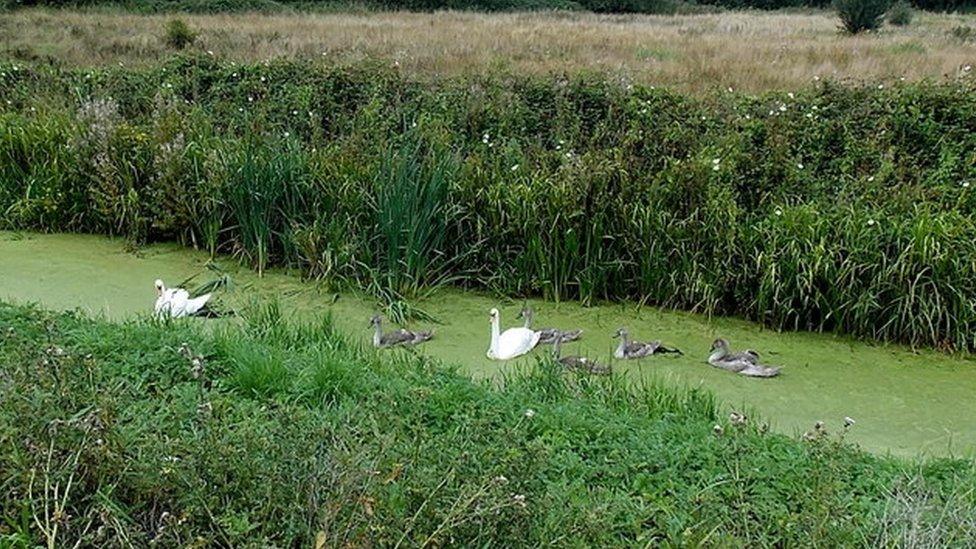
- Published3 March 2017
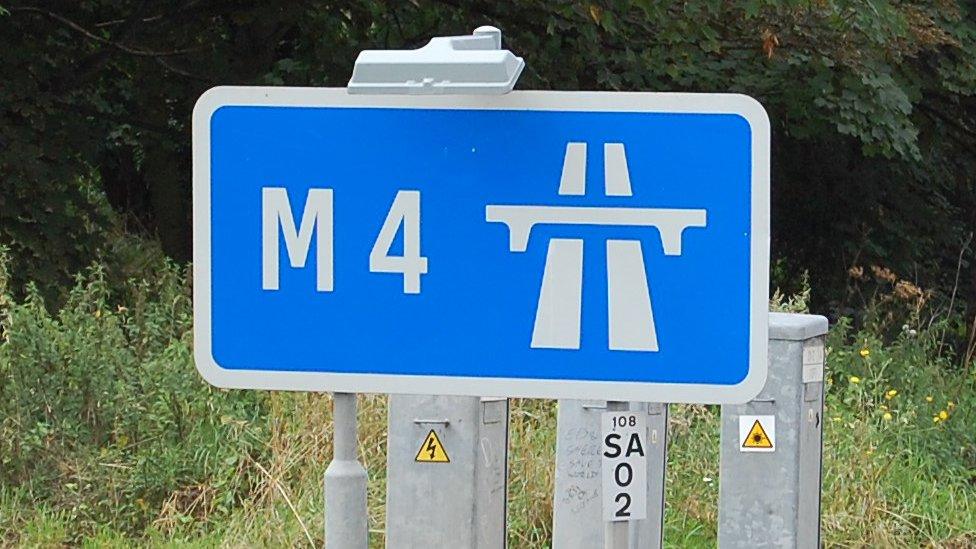
- Published28 February 2017
